Burnaby Board of Trade supports cautious ‘Yes’ in transit referendum
Update: Paul Holden appeared live on the Michael Eckford Show on CKNW this past week discussing the BBOT’s support for a “cautious yes” vote in the transit referendum. You can listen to the clip here — select the date of March 4th and the time of 3pm and then progress forward until about 42:00 to listen.
The Burnaby Board of Trade (BBOT) has come out in support of a cautious “Yes” vote, despite concerns, on Metro Vancouver’s upcoming transit plebiscite for a .5% Metro Vancouver Congestion Improvement Tax to help fund transportation expansion across the region.
In a policy bulletin released Wednesday, the BBOT cites reservations about the proposed funding model and concerns about its impact on business, the accountability for the new revenue, and the precedent the new tax may set. Ultimately, though, it concludes that the vote likely represents the best chance to achieve sustainable, long-term funding and accomplish meaningful improvements to regional transportation.
“With over 2.3 million people, and accounting for nearly 60% of all jobs in BC, Metro Vancouver is a major economic driver for the provincial economy,” said BBOT President and CEO Paul Holden. “We have seen recent studies that suggest traffic congestion in the region is costing the economy around $1 billion every year, and that could increase to $2 billion annually if there is no further investment in our transit infrastructure.”
By funding the transit plan proposed by the Mayors’ Council, the bulletin notes that congestion could be reduced by 10%, saving up to 30 minutes in commuting time on some routes, and at the end of the plan, 70% of the region’s residents would be within walking distance of regular, reliable transit service.
In Burnaby specifically, some highlights of the plan include improved SkyTrain service (doubled Expo Line capacity by 2041), increased bus service including more B-Lines, and a new four-lane, tolled Pattullo Bridge into neighbouring New Westminster.
The Board of Trade does however point out that the plan is not without concerns. In particular, the Board is concerned with the impact of the proposed tax increase on business, the auditing and accounting procedures put in place to oversee the new revenue, and the potential for future regional tax increases to fund other government spending priorities.
“As Burnaby’s economic development agency, we’re concerned that even a relatively minor increase such as this has the potential to negatively influence consumer spending behavior,” remarked Holden. “We don’t want to see people spending disproportionately less at local businesses, or taking their dollars to other jurisdictions such as Washington State or Mission and Abbotsford.”
In addition, the bulletin points out that the Board considers the regional tax model as an exceptional case, and would be skeptical of any plan to copy the model to fund future public projects, whether for infrastructure or other spending initiatives. The BBOT also seeks a commitment from government that the proposed regional tax undergo regular, mandatory reviews and that the tax rate of 0.5% not be subject to future increases.
“The BBOT feels strongly that there should be significant public oversight of the revenue raised from this new tax. When implementing this new tax, if approved by voters, we urge government to ensure it is done in the least disruptive manner possible,” said Holden.
Find the full policy bulletin at bbot.ca/advocacy.




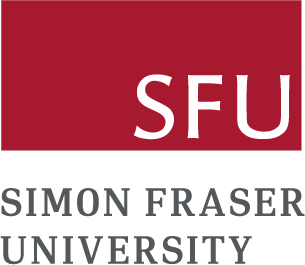
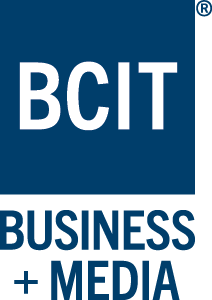


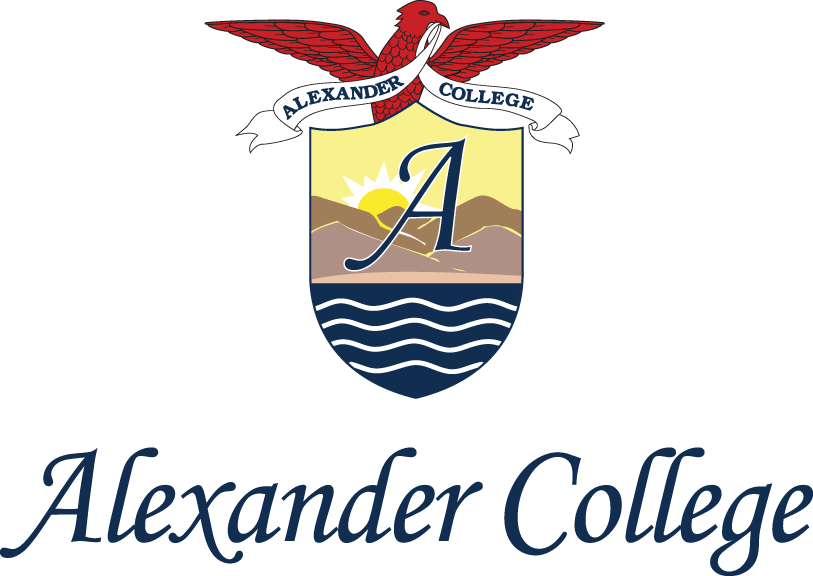




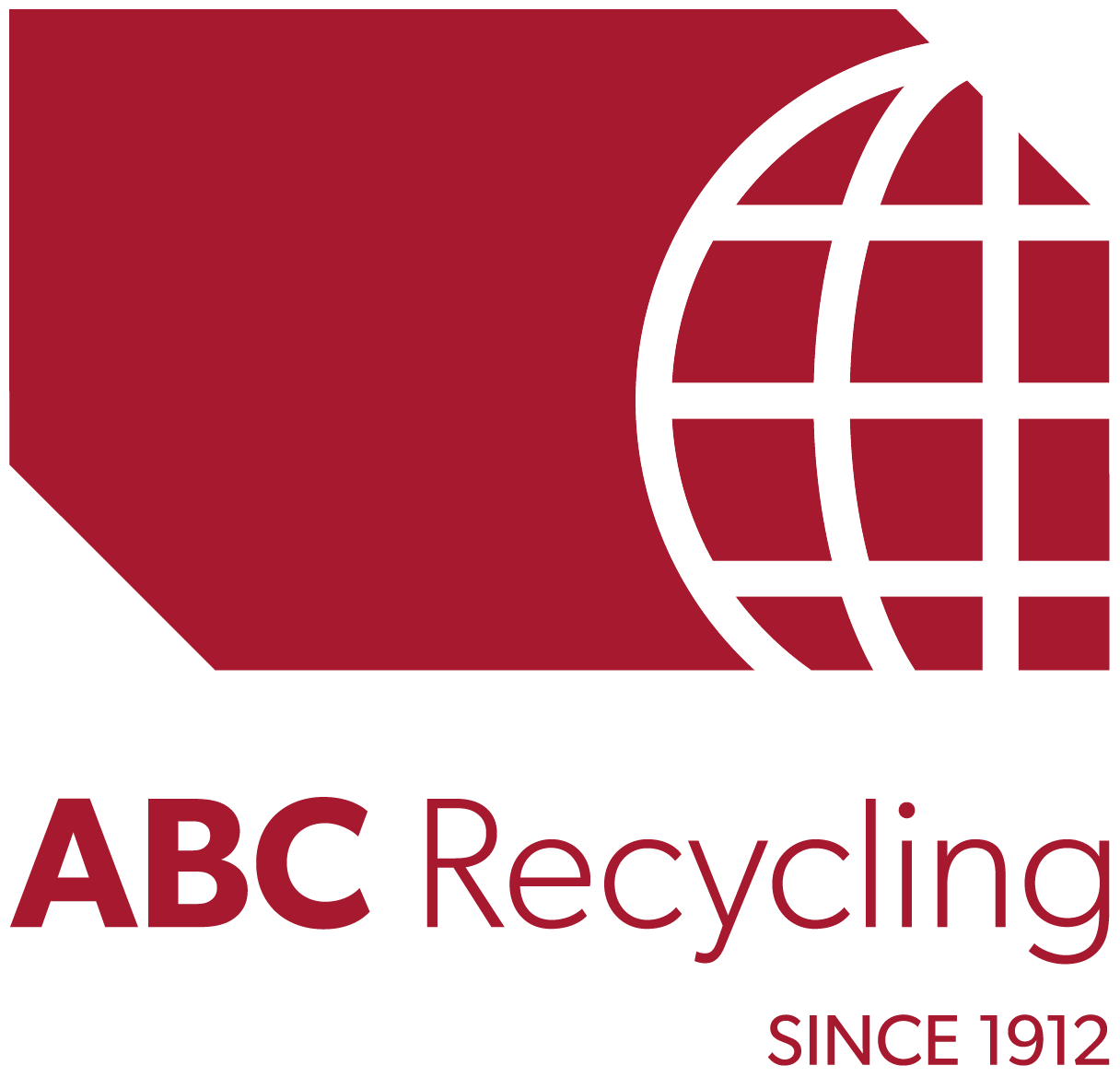
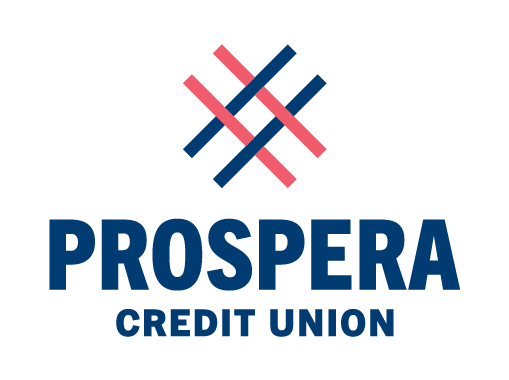
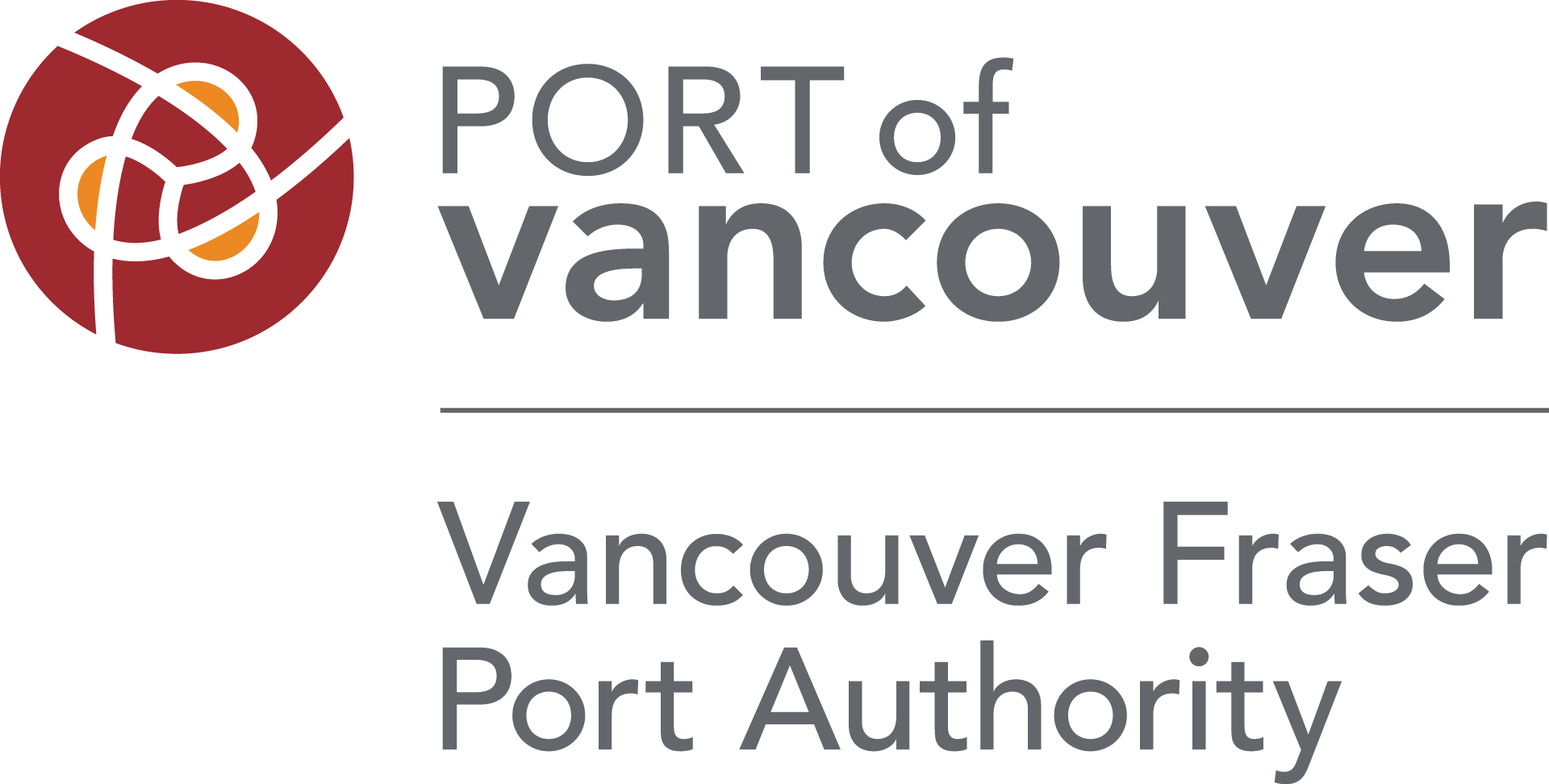
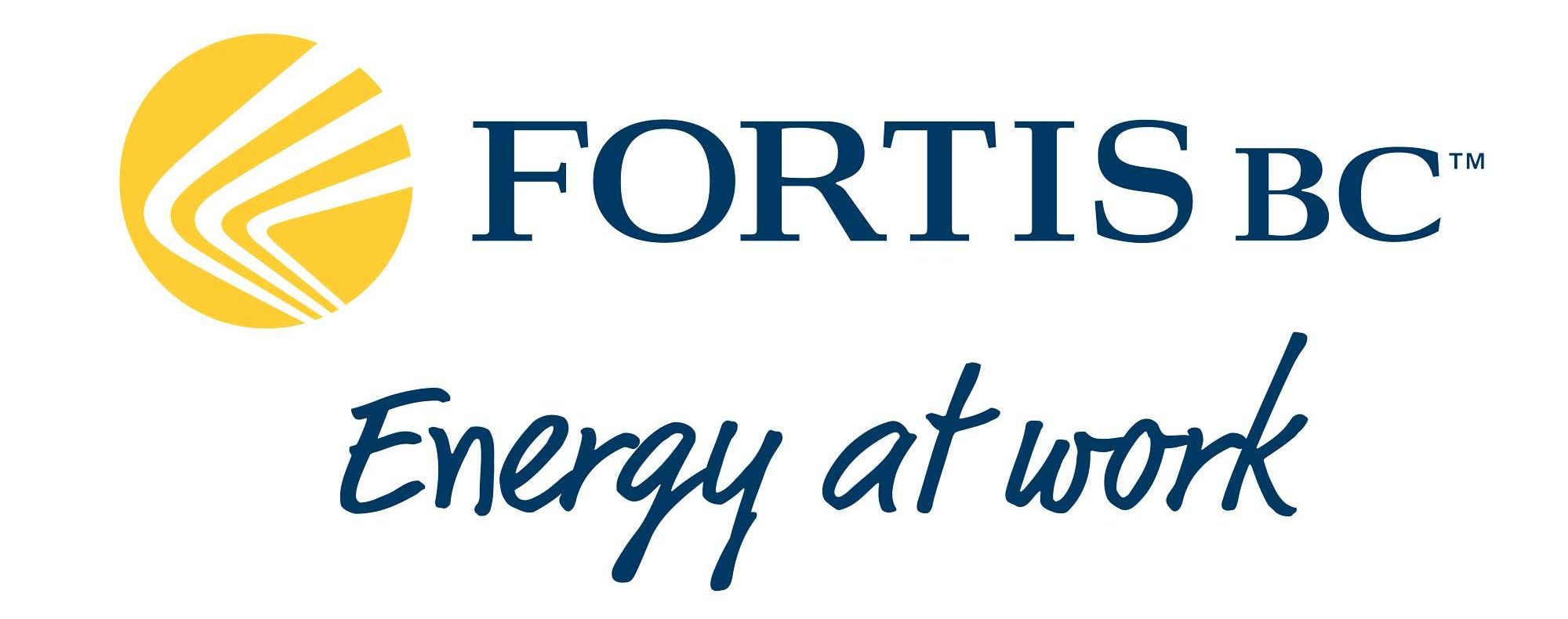
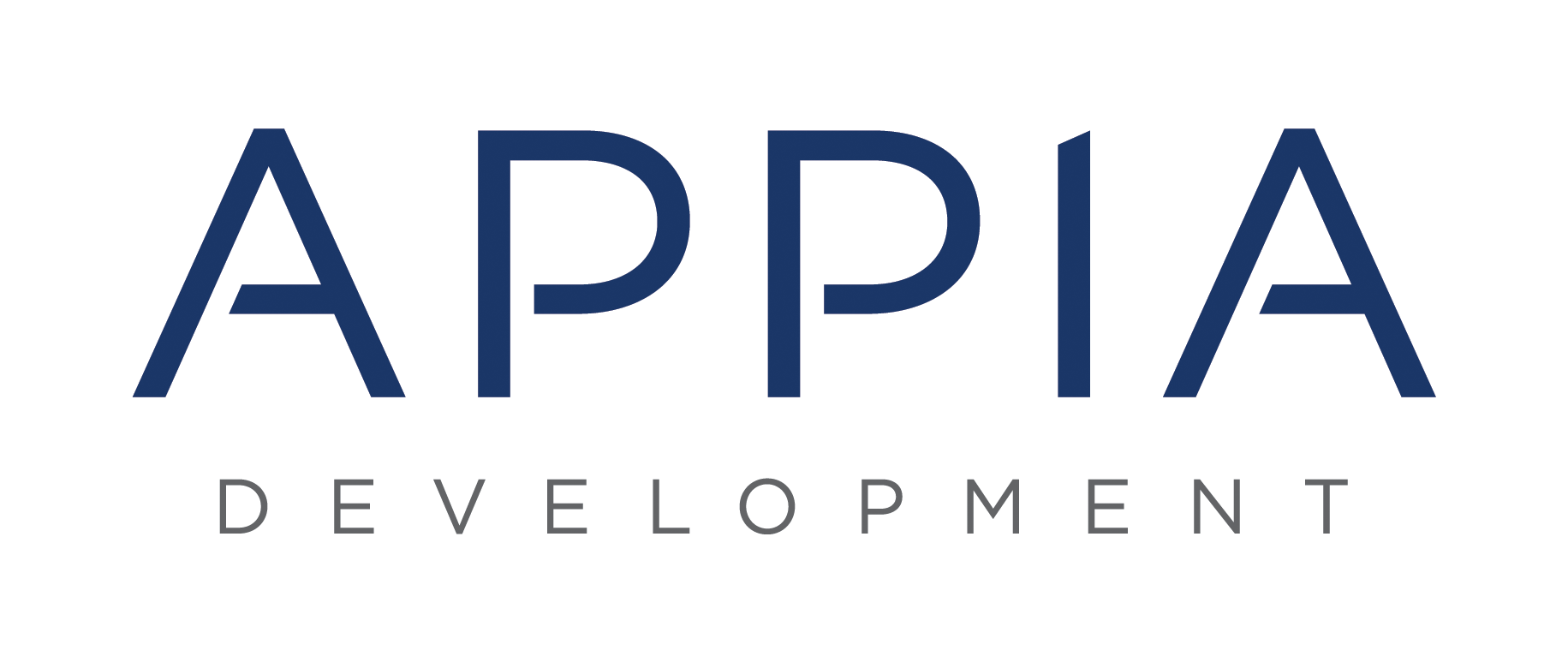
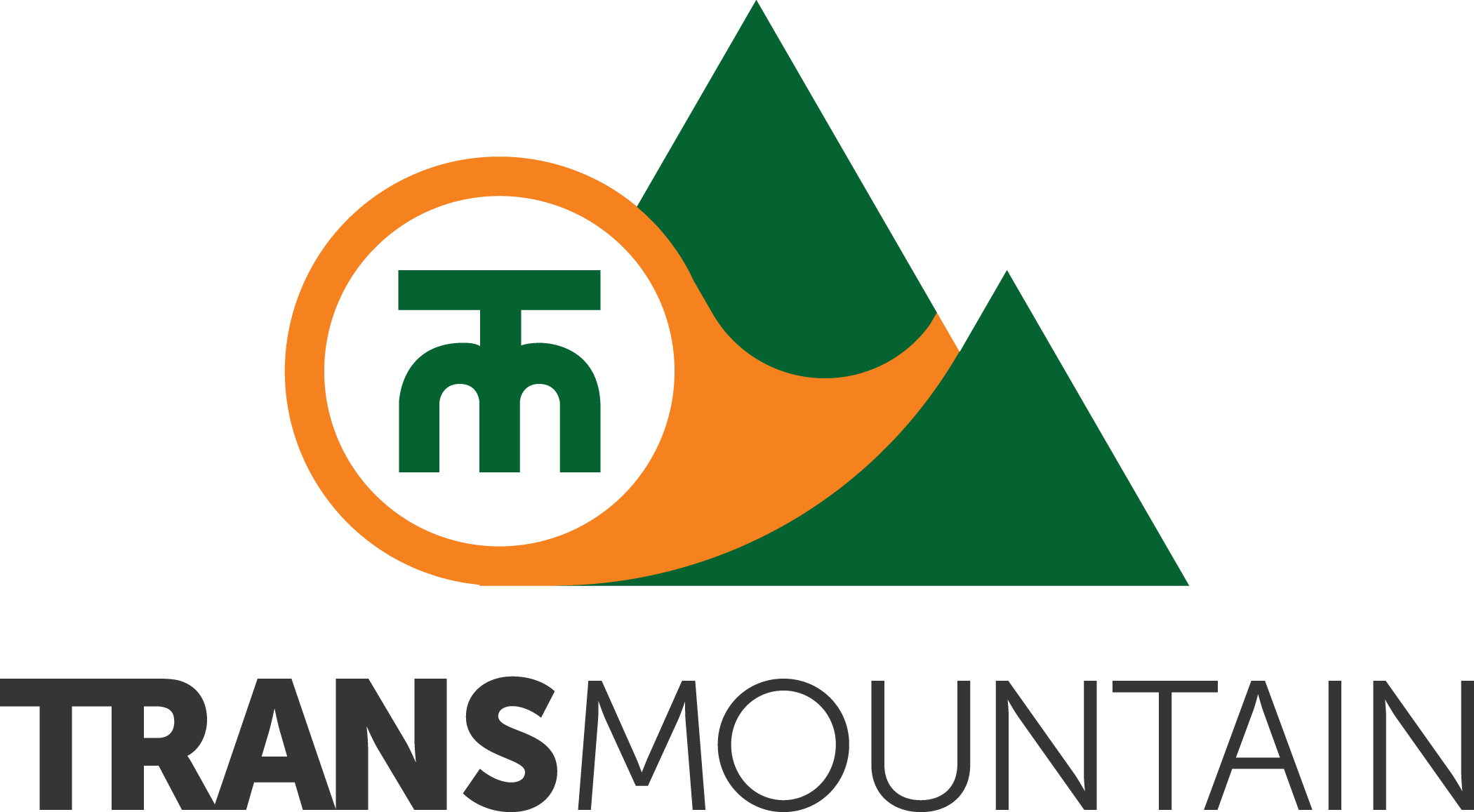


connect with us